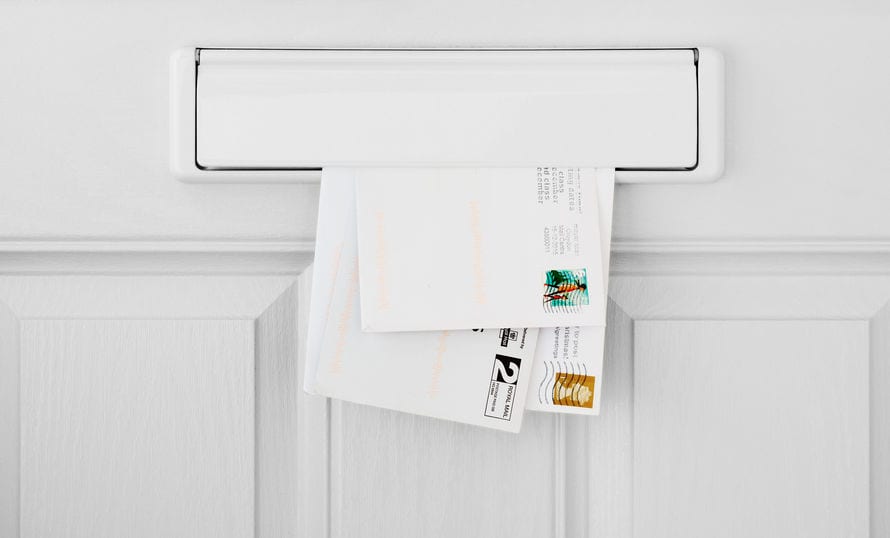The IRS sends a CP161 notice to inform you that you have an unpaid tax balance due. CP161 tells you how much tax is due and the date by which you must pay it to avoid additional interest and penalties.
Here are the answers to common questions people have after receiving an IRS CP161 notice:
What Is a CP161 Notice and Why Did I Receive It?
A CP161 notice is sent by the IRS when you have unpaid taxes. Often, the IRS sends a CP161 notice as a courtesy to allow you to settle unpaid taxes before they initiate more aggressive tax collection efforts, such as liens, levies, or wage garnishment.
What Should I Do When I Receive a CP161 Notice?
When you receive an IRS notice CP161, the first thing you should do is read it carefully. Your CP161 contains a lot of helpful information, such as the amount the IRS claims you owe in unpaid taxes, the date by which you must pay to avoid interest/penalties, and the contact information to reach an IRS representative if you want to dispute your CP161 notice or setup alternative payment arrangements.
What you should not do when you receive a CP161 notice is ignore it or fail to respond to it. You might not hear from the IRS again for several months or longer, but it does not mean they have forgotten about you. They will find you again at some point, and when they do, your tax balance due will be much higher thanks to penalties and interest. IRS collection actions will also be much more aggressive than a friendly reminder.
How Much Time Do I Have to Contact the IRS About My CP161 Notice?
The deadline for paying your CP161 tax balance in full will appear on the CP161 notice. It is typically 10 days from when you receive your IRS notice CP161. You should verify the due date on your CP161 notice, however, and make sure you pay — or else file a dispute or make alternative arrangements with the IRS — before your time window expires.
What Happens If I Don’t Respond to My CP161 Notice?
If you do not respond to your CP161 notice by the due date, the first thing that will happen is that the IRS will apply additional interest and penalties to your unpaid tax balance. They will also likely initiate more aggressive collections, which might include the garnishment of your wages or the placement of liens or levies on your personal property.
What If I Receive a CP161 Notice and Can’t Pay My IRS Tax Debt?
If you cannot pay the tax debt listed on your IRS CP161 notice in full, the IRS offers several alternative Fresh Start Program payment arrangements.
The most attractive of these is an Offer in Compromise, also known as an OIC, where the IRS agrees to settle your full tax debt for less than the amount you owe.
Otherwise, your best options are to setup an IRS payment plan/installment agreement or request Currently Not Collectible (CNC) status.
With an IRS payment plan, you can settle your tax debt over time by making smaller monthly payments. CNC hardship status temporarily delays IRS collections if you are unable to make any payments until your financial situation improves.
(Read more about The Best Ways To Pay IRS Debt).
What Should I Do If I Want to Dispute My CP161 Notice With the IRS?
If you want to dispute your IRS notice CP161, call the toll-free number listed on the letter to initiate the process. You should gather as much evidence as possible that your balance has been paid, including cancelled checks, tax returns and so forth.
Is a CP161 Notice the Same as a CP14 Notice and/or CP501 Notice?
CP161, CP14, and CP501 notices are similar. All inform you of an unpaid tax balance. Whether you have received a CP161 notice, CP14 notice, or CP501 notice, act quickly to either dispute the notice or settle your tax debt. Otherwise, you will continue to accrue interest and penalties on your original tax balance and face more aggressive IRS tax collection efforts, including federal tax liens and IRS levies.
How Can Wiztax Help?
The key is to get started. Ignoring tax balance due notices makes everything more complicated. Call us today at (866) 568-4593 to learn more about how we can help, or start here to take our free online evaluation. Regardless, we promise to save you thousands in fees.
6 Simple Questions. Free Evaluation.
Join our Newsletter
Enter your email address to join our free newsletter. Get all the latest news and updates.

